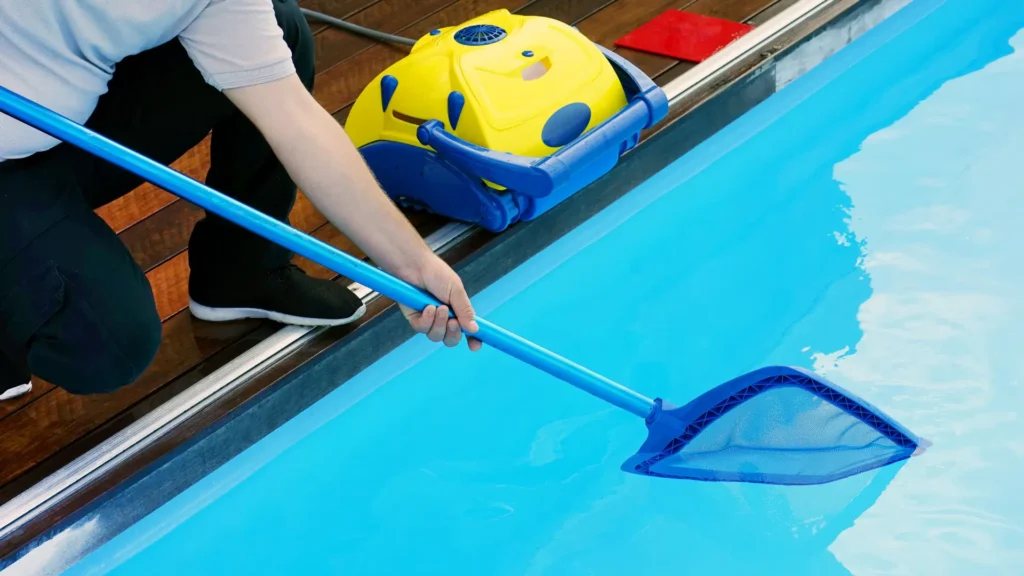Pool filtration systems play a crucial role in maintaining clean and clear pool water by removing debris, dirt, and contaminants. Understanding how these systems work can help you optimize pool cleaning efforts and ensure a healthy swimming environment for you and your family.
Types of Pool Filtration Systems
There are three main types of pool filtration systems: sand filters, cartridge filters, and diatomaceous earth (DE) filters. Each type operates differently but serves the same purpose of filtering out impurities from the water.
Sand Filters: These filters use a bed of fine sand to trap debris and particles as water passes through. Periodically, the sand needs to be backwashed to flush out trapped dirt and maintain filtration efficiency.
Cartridge Filters: Cartridge filters contain pleated filter cartridges made of polyester or other synthetic materials. They trap debris as water flows through the cartridges. Cartridge filters are easy to maintain and require occasional cleaning by hosing off accumulated dirt.
Diatomaceous Earth (DE) Filters: DE filters use diatomaceous earth powder coated grids to trap very fine particles and debris. DE filters provide the highest level of filtration but require more maintenance, including regular backwashing and adding DE powder.
Importance of Proper Filtration
Effective pool cleaning filtration is essential for maintaining water clarity and preventing algae growth and waterborne illnesses. A well-functioning filtration system removes visible debris, microscopic particles, and contaminants, ensuring clean and safe pool water for swimming.
Routine Maintenance and Cleaning
To optimize the performance of your pool filtration system, regular maintenance is crucial:
Backwashing: For sand and DE filters, backwashing is necessary to clean out trapped debris. Follow manufacturer instructions for proper backwashing procedures.
Cartridge Cleaning: Cartridge filters should be cleaned periodically by removing and hosing off accumulated dirt and debris. Inspect cartridges for wear and replace them when necessary.
Inspect and Replace Components: Regularly inspect filter components, such as O-rings, seals, and pressure gauges, for signs of wear or damage. Replace worn-out parts promptly to prevent leaks and maintain filtration efficiency.
Enhancing Filtration Efficiency
Several factors can impact the efficiency of your pool filtration system:
Proper Sizing: Ensure your filtration system is appropriately sized for your pool volume to handle the water circulation and filtration requirements effectively.
Water Chemistry: Maintain balanced water chemistry with proper pH, alkalinity, and sanitizer levels. Balanced water reduces strain on the filtration system and enhances filtration efficiency.
Regular Monitoring: Monitor filter pressure and flow rates regularly to detect any changes that may indicate the need for maintenance or cleaning.
Understanding your pool filtration system is essential for effective pool cleaning and maintenance. By choosing the right type of filtration system, performing routine maintenance, and optimizing filtration efficiency, you can ensure clean and clear pool water throughout the swimming season. Regular monitoring and proper care of your filtration system will help prolong its lifespan and provide a healthy swimming environment for years to come.
Learn more:
Chemical-Free Pool Cleaning Solutions: Eco-Friendly Options for Your Pool
Seasonal Pool Cleaning Checklist: Keeping Your Pool Fresh Year-Round

